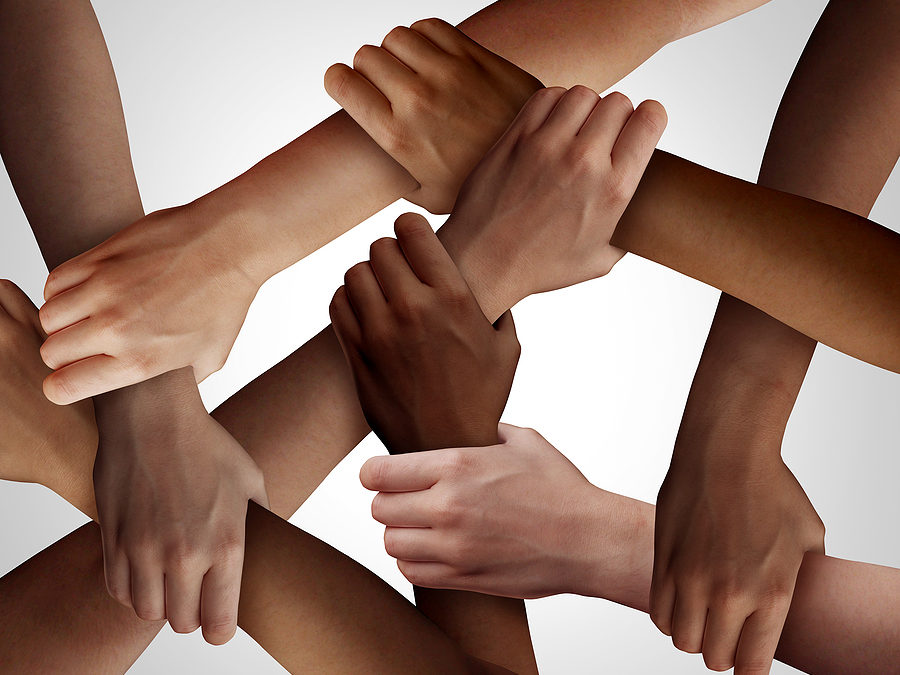
Six Steps to Getting Your Church Past Polarization
At a time when polarization seems to be at an all-time high, most churches are not able to bridge the gap. Instead, they are caught up in divisiveness, too. This polarization limits the church’s ability to lead or to distinguish itself as a spiritual institution. That’s why I want to share six steps to getting your church past polarization.
These six steps are important to take. In some ways, churches now resemble the US House of Representatives more than the house of prayer that Jesus envisioned. It’s not that your church shouldn’t wrestle with important issues. By all means, it should.
But when the voice of the church is framed more by politics than ethics, or by who it stands against instead of the love of God that embraces all, this is bad news for your church and the community you serve.
The Lure of Polarization
We know we are supposed to love God, love others, and love ourselves. We know we are supposed to turn the other cheek and do good to those who hate us. Yet we find that hard to do with fellow church folk, let alone the people “out there.”
Unconditional love is hard to muster when news headlines play on fear, outrage, and worst-case scenarios. Or when social media feeds reinforce your perspective on the world. It takes true effort to get past these views of the world and believe that something else is even possible.
When churches try to speak to issues like the pandemic, immigration, or even school shootings from a political perspective, they get caught in either/or choices popularized by right- and left-wing media. This creates a lose-lose situation with no room for nuanced disagreement. Either/or choices are destined to polarize, and to pit people against each other.
I’d like to offer an alternative for getting your church past polarization. It comes from prioritizing ethics over politics.

Prioritize Ethics Over Politics
I suggest this 6-step process for ethical thinking. It’s not perfect or complete, but it will give you a starting point. United Methodists will recognize elements of the process as it engages the Wesleyan quadrilateral, the four sources by which we live out their faith.
Step 1 When it comes to thinking ethically, the first and most important step is to get the facts. That means looking beyond Facebook memes and polarizing talking heads. It means digging deeper to find out what’s really going on. “Some moral issues create controversies simply because we do not bother to check the facts,” observe the authors of Thinking Ethically.
Step 2. Turn to the scriptures. Discover the biblical stories or principles that might apply. This means thinking deeply and widely about meta messages of the Bible. Resist the temptation to pluck one or two scriptures out of context that seem to fit the situation. Many of the ethical dilemmas we face today were never mentioned in scripture. Similarly, the scriptures themselves were written over centuries in response to situations that are far from our post-modern context.
Step 3 Look to other commentaries or sources of your faith. United Methodist will want to consult the Book of Discipline, the Social Principles, and the Book of Resolutions to see how other informed persons of faith have approached these issues.
Step 4 Look at the history of the issue. How has it been dealt with in the past? What has worked? What hasn’t? As thinking persons of faith, we engage our faculties of reason.
Step 5 Engage in prayer. A word of caution here. I wouldn’t necessarily ask for specific answers to your specific questions; this prayer may lead to confusing our own solutions with God’s divine guidance. Rather, I suggest praying for guidance and wisdom as you discern together.
Step 6 Engage in respectful, patient discussion about the resources at hand. To do so, first decide on ground rules and boundaries, so that your discussions don’t become polarized or violent. At this point, don’t try to come to final solutions or absolute positions. Rather, keep an open mind. Keep prayer present even in the discussion. Over time, discuss possible ethics-based approaches to addressing the problem at hand.
Don’t worry if you don’t all come to the same conclusion. You probably won’t. That’s okay. Here’s what you will have done: you will have thought faithfully and ethically about the issues at hand. This ethics-based process creates trust, loosens polarization, and increases your skill at diving deep as a community of faith. It might even get you loving one another, differences and all.
In Creating a Culture of Renewal®, we empower church leaders to bring out the best in those who frustrate them the most. Not an easy task. But it is doable.
Copyright © 2021 rebekahsimonpeter.com, All Rights Reserved.






